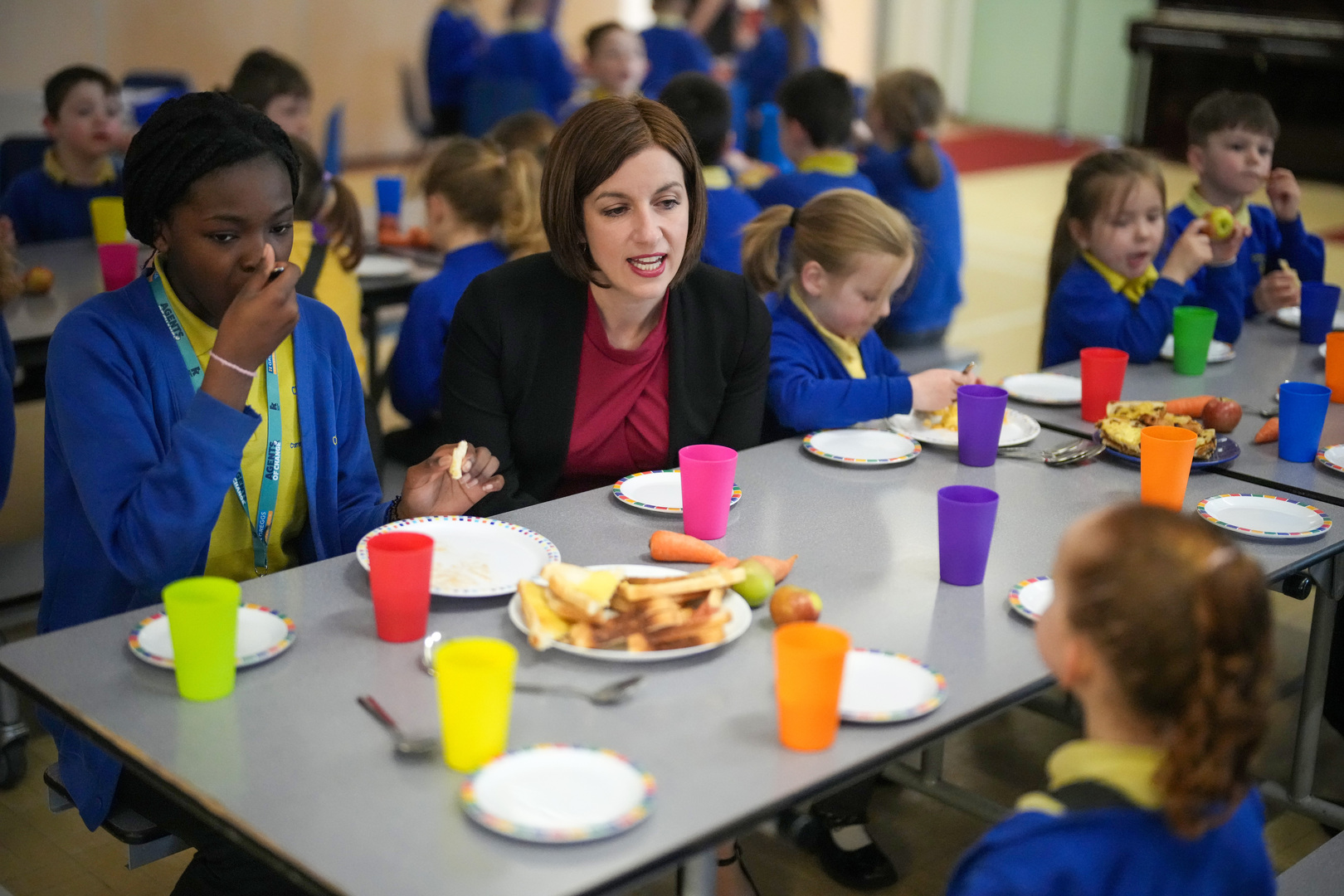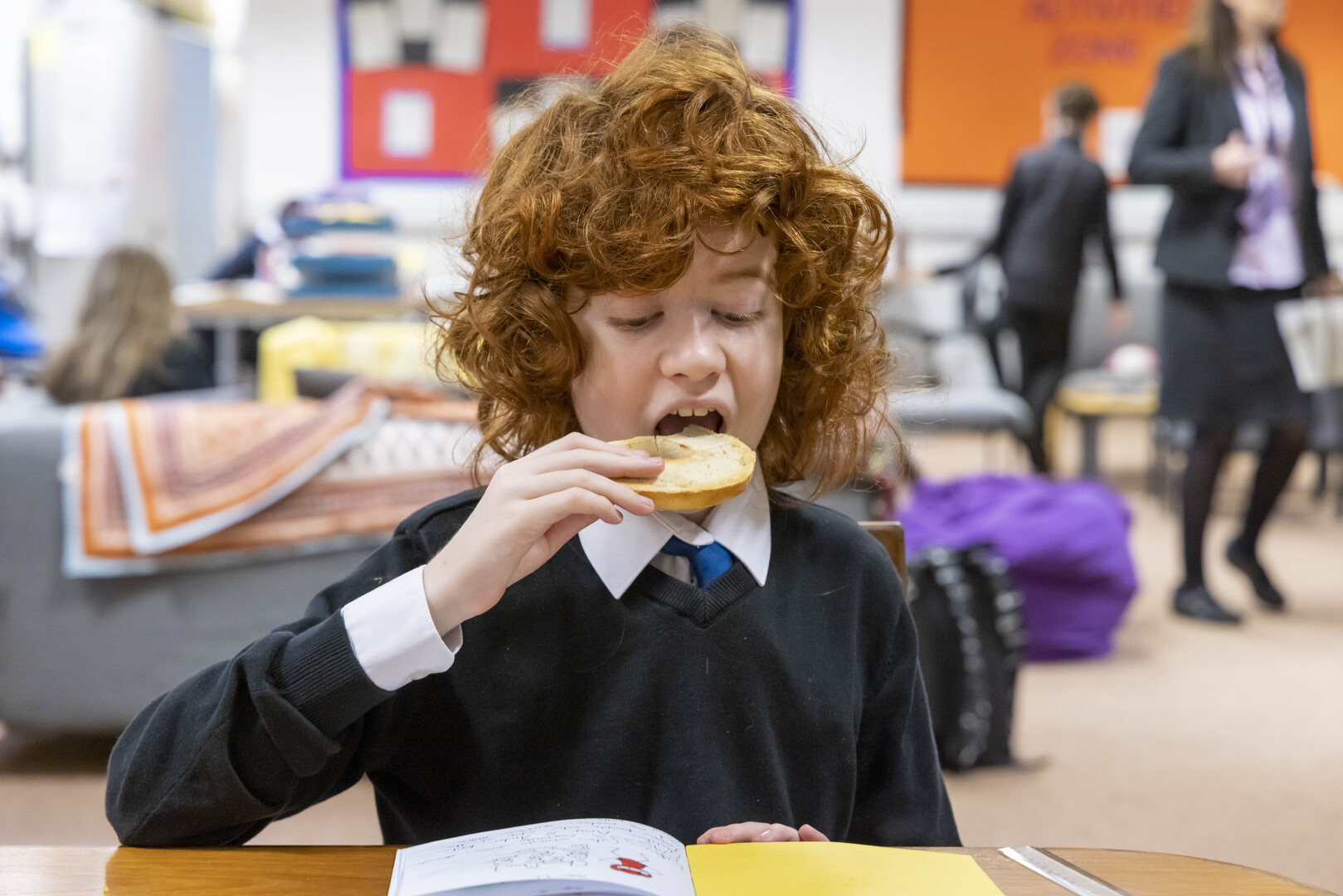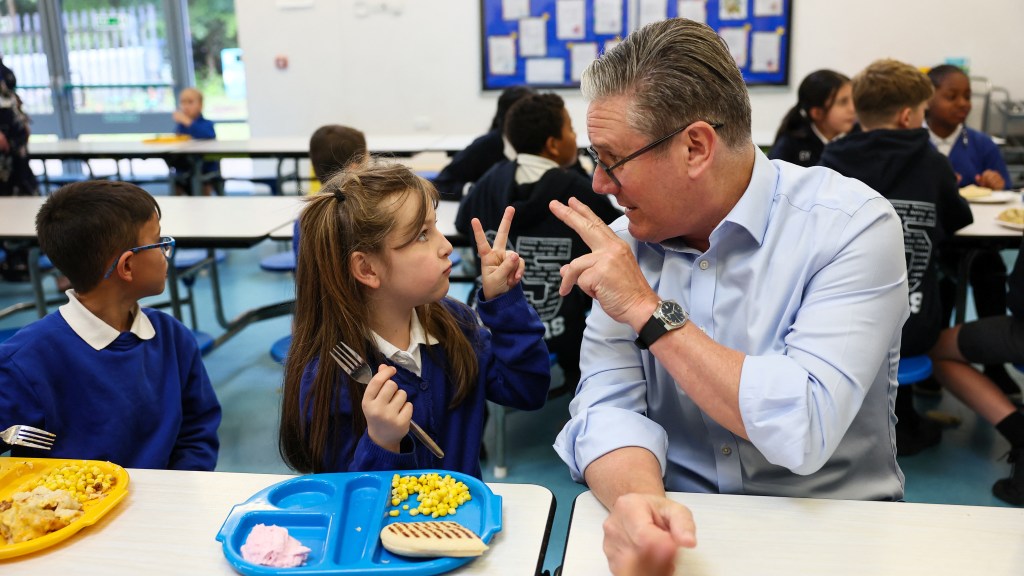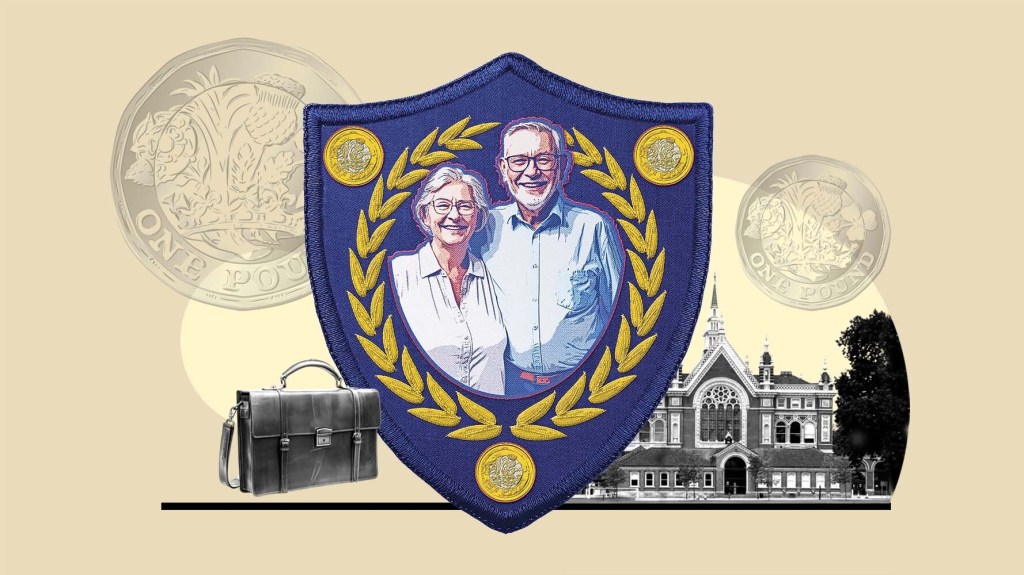Expansion of Free School Meals to Benefit Hundreds of Thousands of Children
In a significant move to combat child poverty, hundreds of thousands more children will be eligible for free school meals, as part of a £1 billion initiative.
All families receiving the main benefits in the UK will now qualify for free meals, valued at approximately £500 annually. This expansion is expected to decrease child poverty by around 100,000 children.
Labour leader Sir Keir Starmer termed this decision a “truly historic moment” and reiterated his commitment to reducing child poverty, especially as Labour MPs intensify calls for more aggressive action.
The Prime Minister is exploring the possibility of reallocating £3.5 billion to eliminate the two-child benefit cap, a change that could lift over 500,000 children out of poverty. This measure has been a central demand from Labour MPs and cabinet officials.
Officials aim to provide an initial step toward a broader child poverty strategy set to be unveiled in the spring, addressing concerns among Labour backbenchers about the party’s efforts in this area. Some MPs fear their party may lose ground to Nigel Farage, who recently promised to abolish the two-child cap.
Currently, children qualify for free school meals if they belong to families with incomes below £7,400, a threshold unchanged since 2018. Starting in autumn 2026, the criteria will shift to include children from households claiming universal credit, potentially increasing free meal eligibility to more than half a million children, including many from families earning over £40,000.

On Thursday, Education Secretary Bridget Phillipson defended the decision to delay implementation until 2026, citing the need for schools and the government to adjust systems for eligibility and record-keeping. She emphasized that schools require preparation to expand kitchen staff for increased demand.
In response to concerns about the quality of school meals, she committed to a swift review of standards to ensure nutritional adequacy.
While Phillipson assured that the government would fund the expansion of free school meals, she highlighted that schools must finance a portion of a 4 percent pay raise for teachers.
When questioned about the potential for staffing cuts in schools, she stated, “I don’t accept that,” and mentioned government initiatives to help schools reduce costs, particularly in areas outside of workforce spending.
Starmer emphasized, “Feeding more children for free every day is one of the most impactful steps we can take to ease parental financial burdens, alleviate poverty, and enhance children’s learning environments.”

He reiterated his determination to address child poverty, which has hit a record 4.5 million in the UK.
Phillipson previously characterized the fight against child poverty as a “moral mission” and expressed her desire to eliminate the two-child cap via a task force aimed at addressing child poverty, which she leads alongside Liz Kendall, the work and pensions secretary. This group is expected to provide recommendations in the autumn as ministers seek additional time to determine funding mechanisms for the proposed policy.
Phillipson confirmed that discussions regarding the removal of the two-child benefit cap are “on the table,” and she conveyed her disapproval of the current measure but noted ongoing negotiations with Starmer, Kendall, and Reeves.
The financial implications of expanding free school meals, estimated at £1 billion over three years, are anticipated to be covered by an upcoming Department for Education budget announcement during the spending review. Phillipson recently reached a funding agreement following tensions with the Treasury concerning the financial requirements of her department.
Kendall referred to the expansion of free school meals as “a downpayment on our child poverty strategy,” emphasizing the detrimental impact of poverty on children’s opportunities and futures. She stated, “By extending free school meals to all families on universal credit, we are alleviating the impossible choices many hard-working families face between paying bills and providing food for their children.”
This initiative follows calls from 11 major charities urging Chancellor Rachel Reeves to abolish the “egregious” two-child cap without delay. Organizations such as Save the Children, Citizens Advice, and The Children’s Society warned that this policy forces over 100 children into poverty daily.
“If these policies persist, child poverty will likely increase by the end of this parliament, marking a first under a Labour government,” they cautioned.
Nevertheless, the Child Poverty Action Group praised the free school meal expansion as a “game changer for children and families.” Kate Anstey, head of education policy at the group, expressed hope that this initiative signals a broader, more proactive approach to child poverty in the forthcoming strategy.
According to economist Alex Clegg from the Resolution Foundation, this shift to include all households receiving universal credit in the free school meals program will substantially benefit families struggling with living costs. The analysis indicates that a complete rollout could lift about 100,000 children out of poverty, setting the stage for a more robust child poverty strategy in the fall.
Experts, MPs, and union representatives are advocating for automatic enrollment of children in free school meals to enhance uptake. Tammy Campbell from the Education Policy Institute welcomed the extension of eligibility but noted that many families currently entitled to free meals do not complete the necessary registration, particularly among younger children and those just starting primary school.




Post Comment